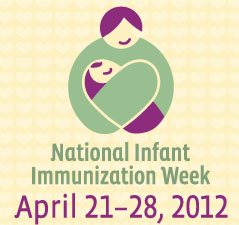-
Healthy
Clinical Services
- Immunizations
- Family Planning
- Sexual Health
- General Health Screenings
- Women’s Health
- School-required Screenings and Immunizations
- Children’s Dental Services
- Lab Testing
- Breast & Cervical Cancer Screening Program
- TB Testing & Treatment
- Children 1st
- Early Hearing Detection and Intervention
- Children’s Medical Services (CMS)
- Travel Ready
- Refugee Health
- Immunizations
- Family Planning
- Sexual Health
- General Health Screenings
- Women’s Health
- School-required Screenings and Immunizations
- Children’s Dental Services
- Lab Testing
- Breast & Cervical Cancer Screening Program
- TB Testing & Treatment
- Children 1st
- Early Hearing Detection and Intervention
- Children’s Medical Services (CMS)
- Travel Ready
- Refugee Health
Community Wellness
FIND HELP
Find help with food, transportation, utility assistance, medical care, job training, and more at GADPH’s Find Help website.
Georgia WIC
WIC is a federally funded program that offers nutrition and breastfeeding support for pregnant women, mothers in the postpartum period, and children from 1 to 5 years old.
-
Protected
epidemiology and disease monitoring
Environmental Health Regulations and Forms
Inspection Reports
View inspection reports for restaurants, public swimming pools, spas, tattoos/piercing studios, septic systems, and hotels and motels in Gwinnett, Newton and Rockdale counties.
FILE A COMPLAINT
Need to file a complaint about a restaurant, public swimming pool, spa, tattoo or piercing studio, hotel or motel, or septic system?
-
Prepared

Are you travel ready?
If you are traveling abroad, you may be required to obtain specific vaccines. Click here to learn more.
Emergency Preparedness
Opioid Overdose Prevention
The Health Department is committed to preventing opioid overdose. We work closely with local organizations to provide prescription opioid education and life-saving, overdose reversing medication to the community.
Lorem ipsum dolor sit amet, consectetur adipiscing elit. Ut elit tellus, luctus nec ullamcorper mattis, pulvinar dapibus leo.





